Keywords: Economic Benefits
There are more than 200 results, only the first 200 are displayed here.
-
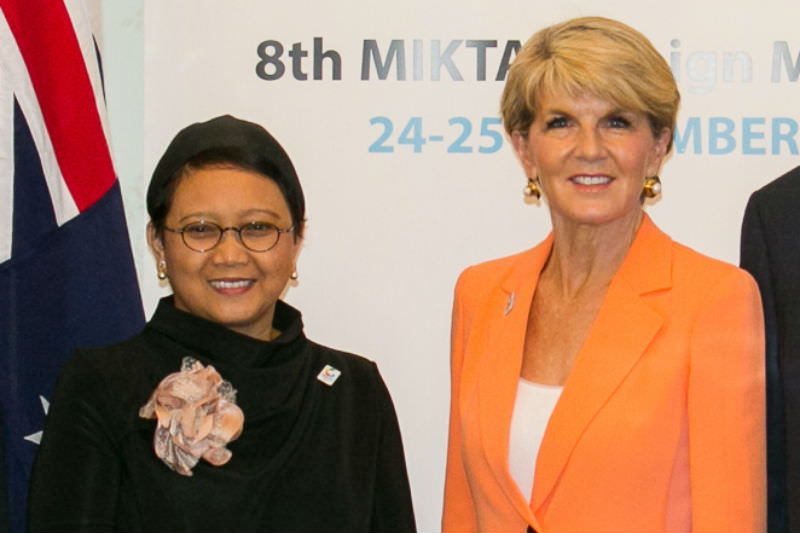
INTERNATIONAL
- Erin Cook
- 29 November 2017
5 Comments
The bones of the foreign policy white paper, released last week by Julie Bishop, have been picked over by the country's leading international relations thinkers and the consensus is clear - the timing is right and we must act now. But we need a leader who is willing to put the work in.
READ MORE 
-
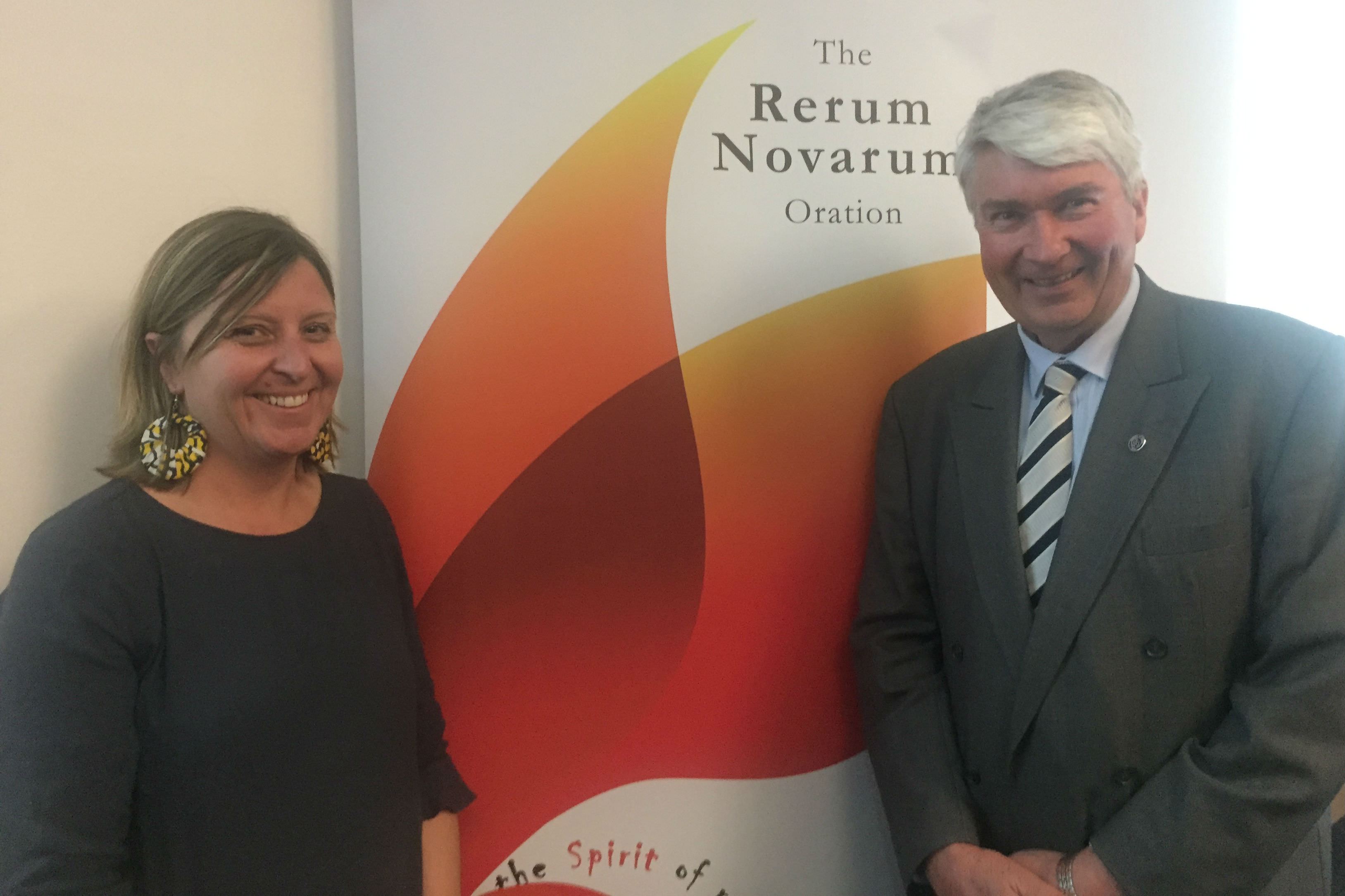
RELIGION
- Frank Brennan
- 08 November 2017
'We need to recommit to work for all those who are able and willing. We need to recommit to social assistance for all those who are not able. We need to ensure that a life of frugal dignity is within the grasp of all citizens.' 2017 Rerum Novarum Oration by Fr Frank Brennan SJ
READ MORE
-
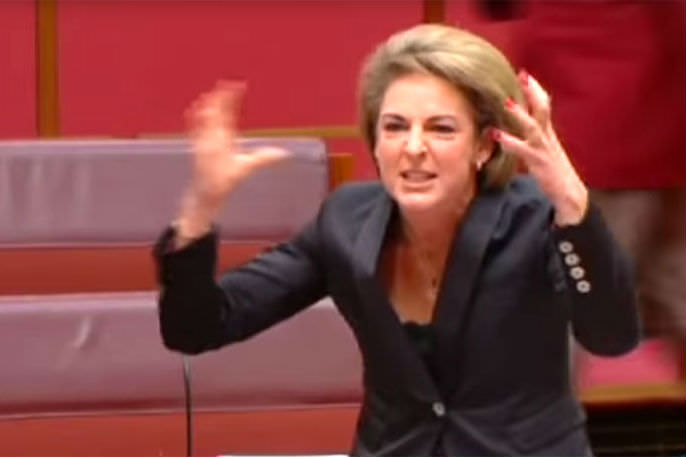
AUSTRALIA
- John Warhurst
- 06 November 2017
13 Comments
The raid on the offices of the Australian Workers Union by the Australian Federal Police demonstrates a disrespect for trade unions contrary to the Catholic tradition. The political theatre indulged in by the Employment Minister Michaelia Cash and the Registered Organisations Commission is especially worrying for the deeper attitudes it reveals.
READ MORE 
-
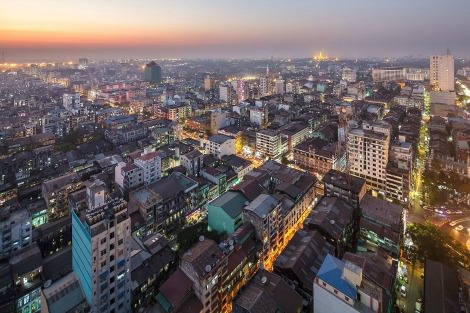
INTERNATIONAL
- Peta Fresco
- 19 September 2017
2 Comments
Much has been reported on the plight of the Rohingya in Rakhine state in Myanmar's west, where violence has seen more than 400,000 Rohingya Muslims cross into Bangladesh. Elsewhere in the country, local villagers continue to suffer the effects of a four cuts strategy, and are targeted if they are suspected of helping ethnic armies. In the country's north, aid has been slow to reach 20,000 Kachin villagers living in former gambling dens and warehouses along the China border.
READ MORE 
-
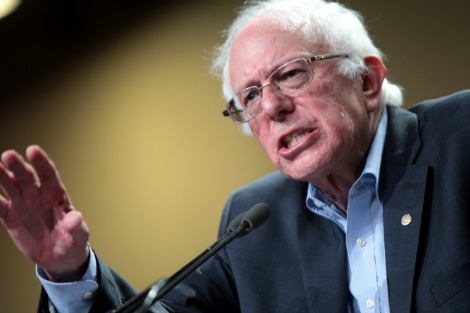
INTERNATIONAL
- Lesley Russell
- 18 September 2017
1 Comment
Medicare-for-all is best seen as aspirational: it is shorthand for policy ideals and papers over political realities. With Republicans in control of Congress, there is obviously no immediate chance of Sanders's bill becoming law any time soon. But with Republicans and the President viewed as ineffectual in implementing their healthcare commitments and uncaring about voters' concerns, it is advantageous for Democrats to be seen to have solutions to the problems that confront their constituents.
READ MORE 
-
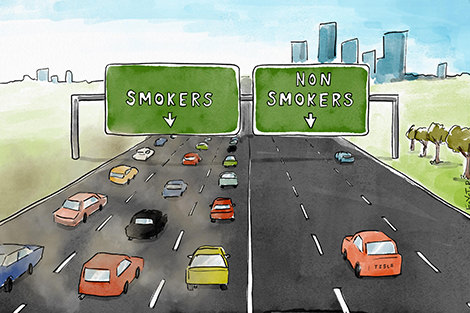
ENVIRONMENT
- Greg Foyster
- 14 September 2017
6 Comments
There are lots of reasons why China wants to accelerate the uptake of electric vehicles. It desperately needs to curb air pollution, which the World Health Organization estimates kills more than a million of its citizens each year. It also wants to reduce dependence on imported oil, and help meet climate change targets. Most crucial, however, is China's intention to dominate the global market for electric vehicles and the technology that powers them, lithium-ion batteries.
READ MORE 
-

RELIGION
- Andrew Hamilton
- 06 September 2017
11 Comments
The general argument of the Australian Catholic Social Justice Statement on the economy is that Australia is a wealthy economy in which too many people are marginalised. In response to the litany of neglect and abuse that it details, the statement calls for a new view of the economy as the servant of people, and not vice versa.
READ MORE 
-

INTERNATIONAL
- Binoy Kampmark
- 04 September 2017
8 Comments
In Australia, the reactions have been far from mild. Malcolm Turnbull was less than reassuring, suggesting the un-testable notion that the Korean peninsula was closer to conflict than at any time since the Korean War. The converse, if counter-intuitive argument can be made: that the peninsula is being made safe from war through this aggressive pursuit of nuclear arms. This is not a view deemed acceptable to officials in Washington and Canberra but is entirely realistic given Pyongyang's aims.
READ MORE 
-
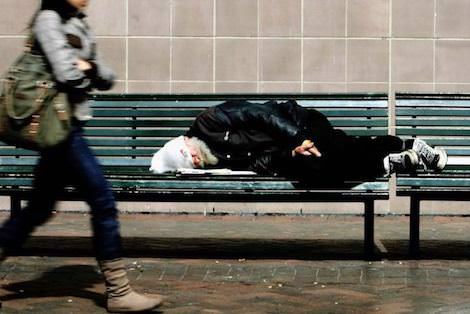
ECONOMICS
- Andrew Hamilton
- 16 August 2017
18 Comments
Cometh the hour, cometh the third murderer. So now inequality is in the spotlight and is being booed off the stage. It is blamed for the rise of populist politics, and more fundamentally for economic stagnation. The economic neo-liberal orthodoxy, that so implausibly claimed that economic competition unfettered by government regulation would benefit all of the citizens, has produced the gross inequality that hinders economic growth.
READ MORE 
-
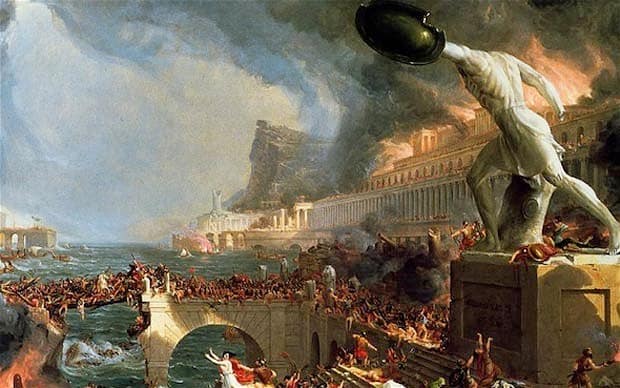
AUSTRALIA
- Andrew Hamilton
- 19 July 2017
21 Comments
Paul Kelly in the Australian makes the case that the decline in Christian faith made evident in the recent Census is in large measure responsible for the widespread loss of trust in the political system throughout the West. There are inevitable limitations to such broad brush arguments. Lack of trust in politics and institutions is not new. From the Roman Empire to contemporary China authorities who do not ensure an adequate supply of bread to their citizens can expect to meet distrust, unrest and replacement.
READ MORE 
-

ENVIRONMENT
- Andrew Hamilton
- 07 June 2017
5 Comments
To consider cricket as work would strike many people as odd. They would see it as a hobby, a recreation, a game or a calling. Professional sportspersons receive little attention in Catholic social thought, which is a pity because a Catholic understanding of work provides a helpful perspective. Its crucial insight is that work is a human activity, and that each human being is precious, unique and needs to be respected. Neither people nor work can be seen as means to an economic end, or as expendable.
READ MORE 
-

ECONOMICS
One thing that is rarely done is a literary-style analysis of the language used in finance and business. It can quickly reveal the sleight-of-hand, even outright deception, that plague these powerful sectors. To take one example, finance language heavily relies on water metaphors, which are deeply misleading. It is unlikely that this is done deliberately; it is more probably reification (making the intangible appear to be concrete). But its consequences have been, and remain, devastating.
READ MORE 